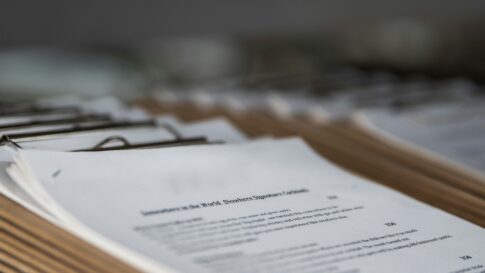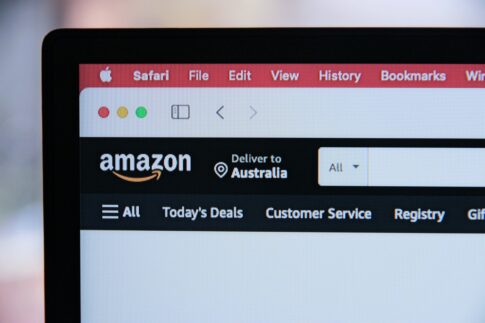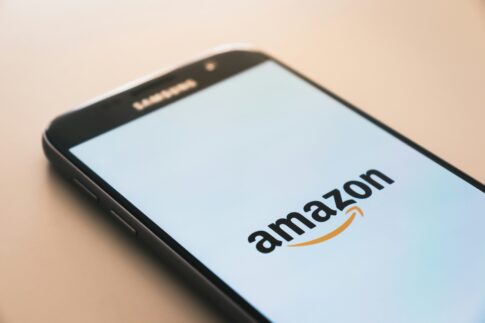On 23 September 2022, it was the first day of a three-day public holiday weekend, which I had been looking forward to. When I checked one of my email accounts that receives emails mainly from Amazon, I found an email with the title ‘Notice: Policy Warning’. The email alleged that the item I was selling was a ‘Counterfeit without A Test Buy’, as claimed by The Cambridge Satchel Company in the UK. I was really distressed, as this was a direct accusation that I was committing a crime. Having worked in Consular Affairs, I know very well how important it is to not have a criminal record, especially if you ever wish to be employed or reside overseas (some countries even require criminal background checks). Of course, one cannot take any crime lightly, so I had to cancel my holiday plans.
The item in question was Royal Opera House merchandise (a keyring), which I had purchased directly from their official website. The keyring was made in collaboration with The Cambridge Satchel Company, whose brand name was engraved on the metal ring. I was only selling one of these items on Amazon.
When I contacted The Cambridge Satchel Company, they admitted that they made the false accusation and had claimed that my business was not on the list of their stockists. I found various information online including via sellers on the Amazon Seller Forum suggesting that the best way for a brand owner to remove unauthorised sellers on Amazon is to leverage the Amazon Brand Registry. Registered sellers for the service are given exclusive access to the self-service counterfeit removal tool via Project Zero in their Brand Registry main menu. The Cambridge Satchel Company was one of those who had registered their brands on the Amazon Brand Registry (this was confirmed by both the company and Amazon).
Amazon proudly report that a huge number of ‘counterfeit’ products have been removed under Project Zero; however, these ‘counterfeits’ includes my case, which was removed only with the intention of eliminating the competition on the marketplace with one click. As far as The Cambridge Satchel Company is concerned, the keyring was the only one I was selling. Furthermore, I had never heard of the company until I had purchased the single keyring from the Royal Opera House, even though I had handled many UK brands by then. With all due respect, I doubted that it would be worth making a counterfeit keyring considering the fact that most Japanese people have never heard of the Cambridge Satchel Company. The business, which sells its products under the ‘Small Business’ label on Amazon, have essentially bullied me as a much smaller business seller.
Although they apologised, they were the first to start the allegation and it has resulted I me having a lawsuit against Amazon. In addition, they are the only company in the UK to make such an allegation of serious crime (counterfeit) against my small business, which has been running for over 10 years, without producing any evidence whatsoever. When I contacted the company for more information about how the allegation was made to support my claim at the court two years later, they only replied to say things like, ‘We will be back in touch shortly with an update’ and ‘We will get that looked into for you’. However, they have never answered my enquiry, even though they are the one responsible for my lawsuit.
Following the false counterfeit accusation made by The Cambridge Satchel Company, other acts of tort ensued, including many intellectual property infringements (trademark violations) by Amazon. My items were removed for discriminatory reasons, and the financial loss and defamations I incurred were sufficient enough to motivate me to take them to court.






